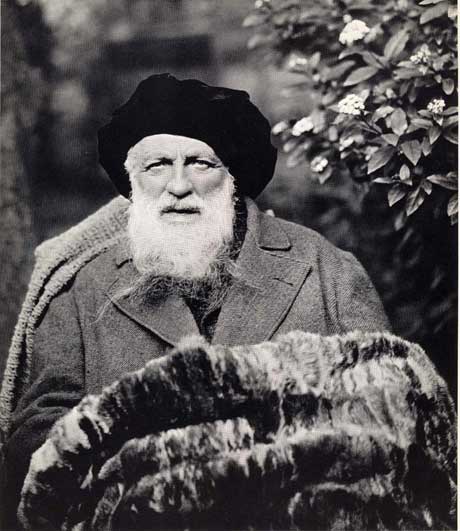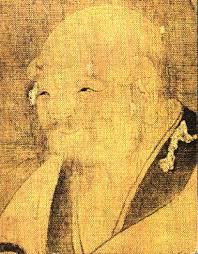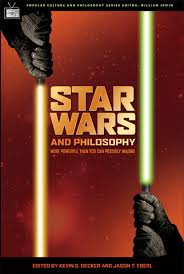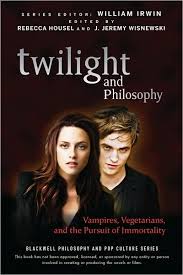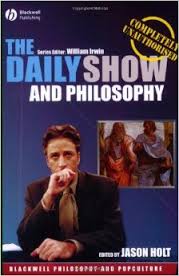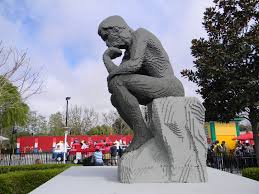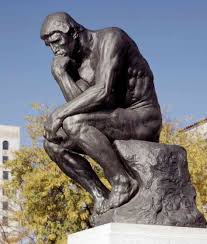What do Wyldstyle, Rodin, and Lao Tzu have in common?
I got the kind of email this morning that every writer likes to see: an acceptance for publication. That makes today a good day.
This new piece will appear in LEGO and Philosophy, due out next year, the latest in a series of pop culture and philosophy books I’ve been following with interest from the beginning. Another volume I’m looking forward to in 2016 is The Ultimate Star Trek and Philosophy, in celebration of Star Trek’s 50th anniversary. I have an essay in that one on Kant, Confucius, and the Prime Directive, written with my friend and co-author, Alejandro Bárcenas. Alejandro also contributed a chapter to The Daily Show and Philosophy, which goes to show that this series has the versatility to address almost anything, from major cultural landmarks (Star Wars) to passing fads (Twilight) to passing fads that have become cultural icons (The Daily Show).
What sets the LEGO book apart from all the rest is that the source material isn’t a text. We do have texts to go with it now, most famously the blockbuster movie, but that’s only a recent development. The call for papers solicited “works focusing on the many aspects of the multimedia LEGO phenomenon,” so, yeah, there’s text there. We’re talking cartoons, video games, advertising strategies, even theme parks, but first and foremost this philosophy book is about the toy. Not a text. A bunch of plastic.
So when I got the call for papers, two thoughts struck me almost at once. First, “Hey! Awesome! I love Legos. I should write something.” Then, about a millisecond later, “Wait, what’s there to write about?” I couldn’t see anything to agree or disagree with. How could I? LEGO would have say something.
Okay, as a commercial product it says, “Buy more of me!” But in a free market economy everything says that. As a toy LEGO speaks to the gender norms being pushed on children, but so does virtually everything in the toy store. What does this toy say that only it says, in a way that only it can say it?
The more I thought about it, the more unsuitable LEGO seemed for a philosophy book. After sidewalk chalk it’s about as close to a blank slate as a toy can get.
And that was it. That was the realization I needed. At its best LEGO says nothing. It says nothing, and it says it better than just about anything else you can find in the toy aisle. That’s why there’s so little need for improvement. It’s the ultimate expression of possibility. It’s inexhaustible. No matter what you take from it, it can always give more.
There’s one other philosophical concept that’s described this way, as an inexhaustible source of infinite potential: the dao. So that’s the subject of my chapter. It’s called “The Brick, the Plate, and the Uncarved Block: LEGO as an Expression of the Dao.”
Now then, what do Wyldstyle, Rodin, and the legendary sage Lao Tzu** have in common? An appreciation for infinite possibility. I’ll close this post with the Rodin quote I’ll use to open the book chapter. Rodin was asked for the secret to sculpting his many masterpieces. His answer: “I choose a block of marble and chop off whatever I don’t need.”
Has he said nothing about sculpture, or has he said everything?
* In the philosophical sense, not the extreme BASE jumper’s sense. Or maybe you figured that out on your own.
** If you want to write me an email telling me to correct this spelling to Laozi, since I spelled dao with a D and not a T, give yourself a pat on the back.

